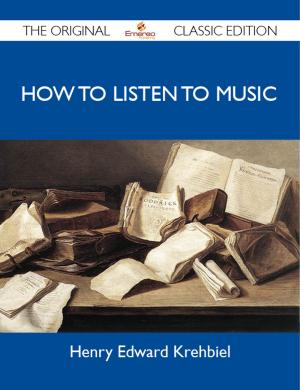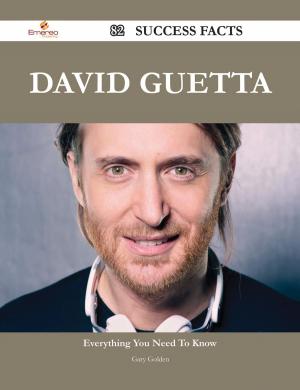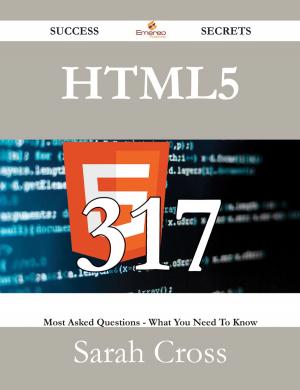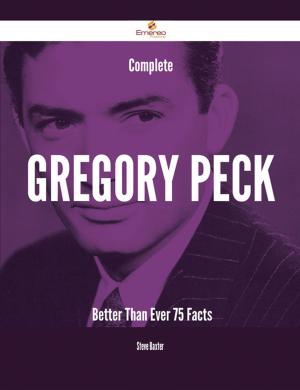The World's Best Poetry - The Original Classic Edition
Nonfiction, Reference & Language, Reference, Fiction & Literature| Author: | Carman Bliss | ISBN: | 9781486418404 |
| Publisher: | Emereo Publishing | Publication: | October 24, 2012 |
| Imprint: | Emereo Publishing | Language: | English |
| Author: | Carman Bliss |
| ISBN: | 9781486418404 |
| Publisher: | Emereo Publishing |
| Publication: | October 24, 2012 |
| Imprint: | Emereo Publishing |
| Language: | English |
Finally available, a high quality book of the original classic edition.
This is a new and freshly published edition of this culturally important work, which is now, at last, again available to you.
Enjoy this classic work today. These selected paragraphs distill the contents and give you a quick look inside:
Poet, musician, painter, have seen, heard, felt, realized in their own souls some experience of life, some potent reality which philosophy cannot formulate, nor creed contain, nor eloquence define; and each in his own way endeavors to give it to the world of men; each in his own way endeavors to lift the gauzy curtain, impenetrable to most souls, which hides the invisible, the inaudible, the eternal, the divine from men; and he gives them a glimpse of that of which he himself had but a glimpse.In one sense and in one only can art be called creative: the artist, whether he be painter, musician, or poet, so interprets to other men the experience which has been created in him by his vision of the supersensible and eternal, that he evokes in them a similar experience.
...So the painter must have something to express, but he must also have skill to express it; the musician must have music in his soul, but he must also have a power of instrumentation; the poet must feel the truth, or he is no poet, but he must also have power to express what he feels in such forms as will create a similar feeling in his readers, or he is still no poet.
...When the critic attempts to express that truth, that is, to interpret the interpreter, which he can do only by translating the poetry into prose, and the language of imagination and emotion into that of philosophy, he destroys the poem in the process, much as the botanist destroys the flower in analyzing it, or the musical critic the composition in disentangling its interwoven melodies and explaining the mature of its harmonic structure.
...The mystery of sorrow, the bewilderment it causes, the wonder whether there is any God or any good, the silence that is the only answer to our call for help, the tumult of emotion, the strange perplexity of mind, the dull despair, the inexplicable paralysis of feeling, intermingling in one wholly inconsistent and incongruous experience: where, in all the literature of Philosophy can we find such an exposition and echo and interpretation of this experience as in that great Hebrew epic-the Book of Job?
Finally available, a high quality book of the original classic edition.
This is a new and freshly published edition of this culturally important work, which is now, at last, again available to you.
Enjoy this classic work today. These selected paragraphs distill the contents and give you a quick look inside:
Poet, musician, painter, have seen, heard, felt, realized in their own souls some experience of life, some potent reality which philosophy cannot formulate, nor creed contain, nor eloquence define; and each in his own way endeavors to give it to the world of men; each in his own way endeavors to lift the gauzy curtain, impenetrable to most souls, which hides the invisible, the inaudible, the eternal, the divine from men; and he gives them a glimpse of that of which he himself had but a glimpse.In one sense and in one only can art be called creative: the artist, whether he be painter, musician, or poet, so interprets to other men the experience which has been created in him by his vision of the supersensible and eternal, that he evokes in them a similar experience.
...So the painter must have something to express, but he must also have skill to express it; the musician must have music in his soul, but he must also have a power of instrumentation; the poet must feel the truth, or he is no poet, but he must also have power to express what he feels in such forms as will create a similar feeling in his readers, or he is still no poet.
...When the critic attempts to express that truth, that is, to interpret the interpreter, which he can do only by translating the poetry into prose, and the language of imagination and emotion into that of philosophy, he destroys the poem in the process, much as the botanist destroys the flower in analyzing it, or the musical critic the composition in disentangling its interwoven melodies and explaining the mature of its harmonic structure.
...The mystery of sorrow, the bewilderment it causes, the wonder whether there is any God or any good, the silence that is the only answer to our call for help, the tumult of emotion, the strange perplexity of mind, the dull despair, the inexplicable paralysis of feeling, intermingling in one wholly inconsistent and incongruous experience: where, in all the literature of Philosophy can we find such an exposition and echo and interpretation of this experience as in that great Hebrew epic-the Book of Job?















